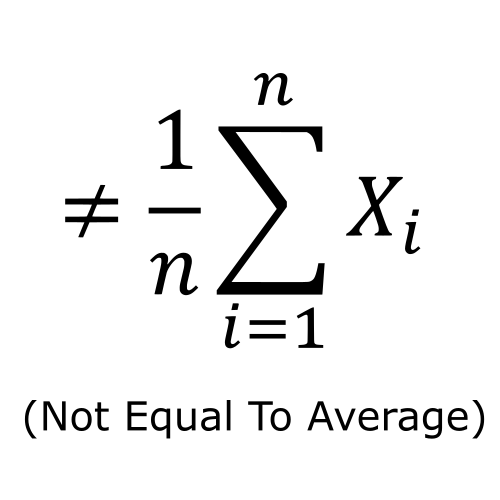### The Future of AI: Transformations Ahead
As we step into 2025, the landscape of artificial intelligence (AI) is poised for significant evolution. Major players like OpenAI, Google, and Meta are investing heavily in developing advanced AI models, aiming for breakthroughs that will make a tangible difference in our everyday lives. However, there's a growing sentiment that many of these developments have yet to translate into meaningful changes for the average person. The focus is shifting toward making AI more applicable and beneficial for a broader audience.
#### The Rise of User-Friendly AI
2025 is expected to be a pivotal year for applications that utilize AI in ways that resonate with users. The recent emergence of Chinese AI models, like DeepSeek, has demonstrated that powerful AI can be developed at a fraction of the cost, prompting a new wave of innovation. This competitiveness may lead to the commoditization of AI, allowing more developers to create unique applications that harness these advanced models.
The distinction between simple applications and those that genuinely enhance user experience is becoming clearer. Just as mobile technology evolved from basic web applications to sophisticated native apps, the AI sector is likely to undergo a similar transformation. Businesses and startups are now prioritizing in-depth, innovative products over mere "wrappers" around existing technology.
#### Expanding AI's Reach
Generative AI is already impacting various industries, particularly in coding and customer service. Companies are increasingly relying on AI for engineering tasks, with reports indicating that AI now handles a significant portion of coding work. Furthermore, AI's role in customer service is evolving, enabling agents to resolve issues more effectively than traditional systems. As AI becomes integrated into daily business operations, its utility will become more pronounced.
As new applications emerge, they promise to democratize access to AI technologies. This shift means that users will no longer need to navigate complex systems or become experts in AI to benefit from its capabilities. Instead, AI agents will assist individuals in leveraging technology with ease, fostering a more inclusive environment for innovation.
#### Anticipating the AI App Boom
Looking ahead, 2025 will likely be marked by an influx of new AI applications that collectively drive significant change. The landscape is set for a diverse range of tools that could alter how we interact with technology, much like the transformative impact of electricity led to various inventions. While it’s uncertain if there will be a single standout application, what’s clear is that the market is ready for a wave of innovation.
In conclusion, the future of AI in 2025 is not just about advanced models. It’s about making AI accessible, useful, and transformative for everyday tasks and challenges. As developers harness these technologies, we can expect a richer, more integrated digital experience in our homes and lives.
For those interested in exploring the potential of AI in home improvement and interior design, keep an eye out for the Best Selling On Amazon applications that could revolutionize DIY projects and renovation tasks.
*As an Amazon Associate I earn from qualifying purchases.*

